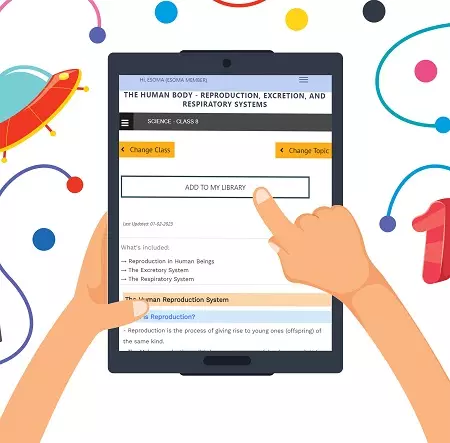Retail Trade
- Retail trade involves the buying of goods and selling them to the final consumer
- Retailers are classified/categorized according to the amount of capital they need to start and operate their businesses and their sales volume
- Can be classified as Small Scale Retailers or Large Scale Retailers.
Small Scale Retailers
These are retailers whose capital requirement is low and their sales volume also low.
Large Scale Retailers
- Retailers that require large amounts of capital to start and maintain their businesses.
Functions of Retailers
To Consumers
i) Offers credit facilities
ii) After-sales services
iii) Provision of variety of goods
iv) Advising consumers on choice and use of products
v) Availing needed goods
vi) Breaking bulk by selling goods to consumers in convenient quantities
vii) Accumulating bulk
viii) Stabilizing prices by ensuring that goods are continuously available to consumers
To wholesalers
i) Retailers store goods and relieve the wholesalers the burden of storing goods and the storage costs
ii) They relieve the wholesalers the burden of transportation
iii) Retailers advice wholesalers on market trends(on consumers demand)and give valuable information
iv) They help in distribution of goods to the consumers
v) They help in breaking bulk on behalf of the wholesaler
vi) They finance wholesalers to continue with their operations through paying for the goods
vii) They relieve the wholesaler of some risks that arise from the storage of goods such as theft, fire and accidents.
To producers
i) Through wholesalers retailers provide very vital information to manufactures about market demand
ii) They advertise goods on behalf of producers
iii) They sell and market goods to consumers relieving manufactures the task and risk of retailing
iv) They store goods on behalf of the producers
v) They break bulk on behalf of producers to consumers
vi) They finance producers by buying and paying cash
Wholesale Trade
Wholesaling involves selling goods in large quantities to traders for resale.

